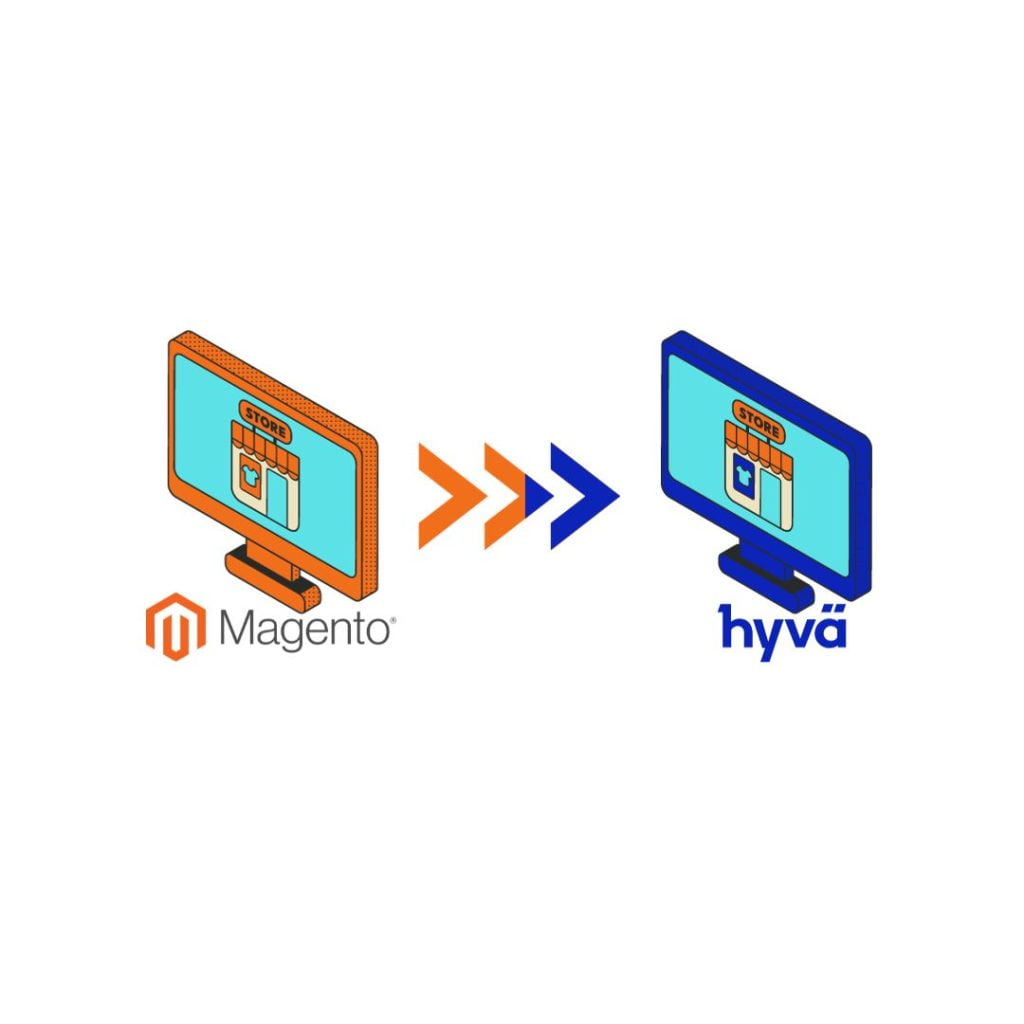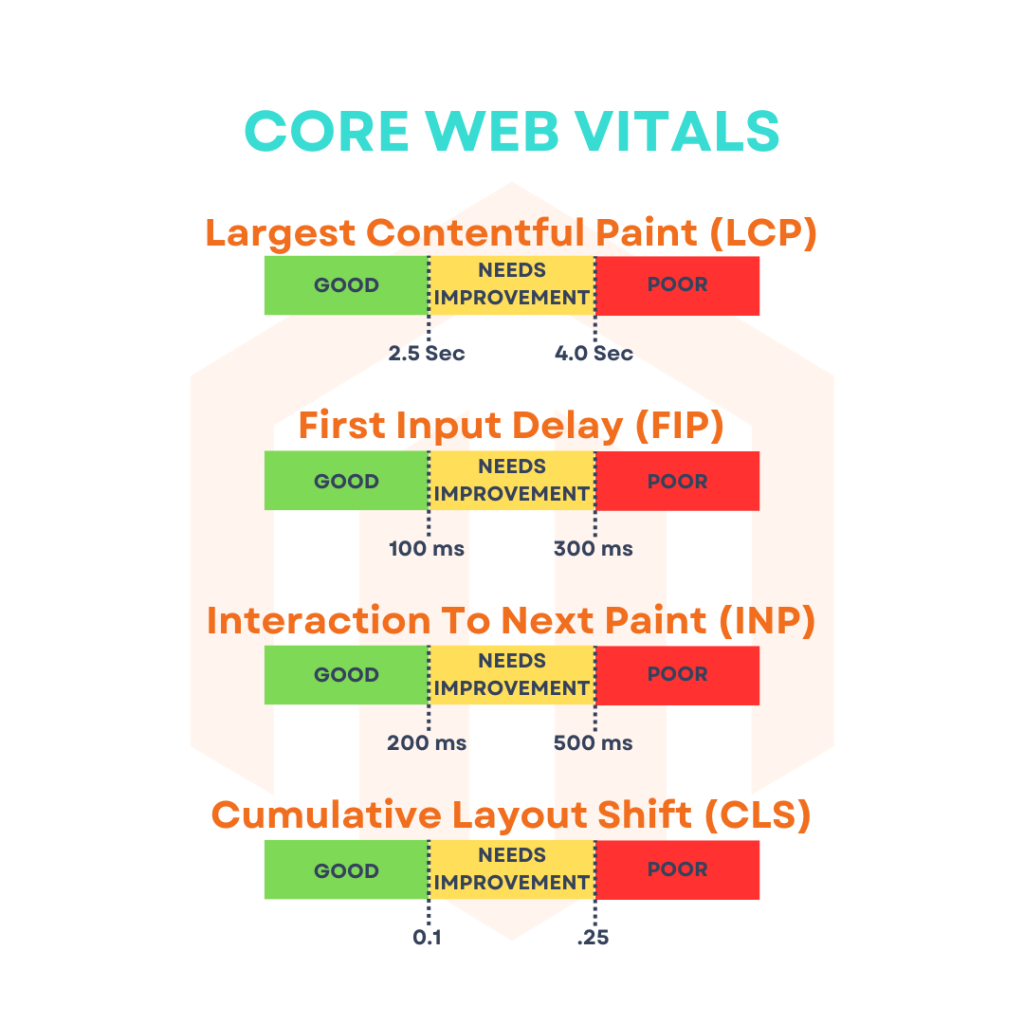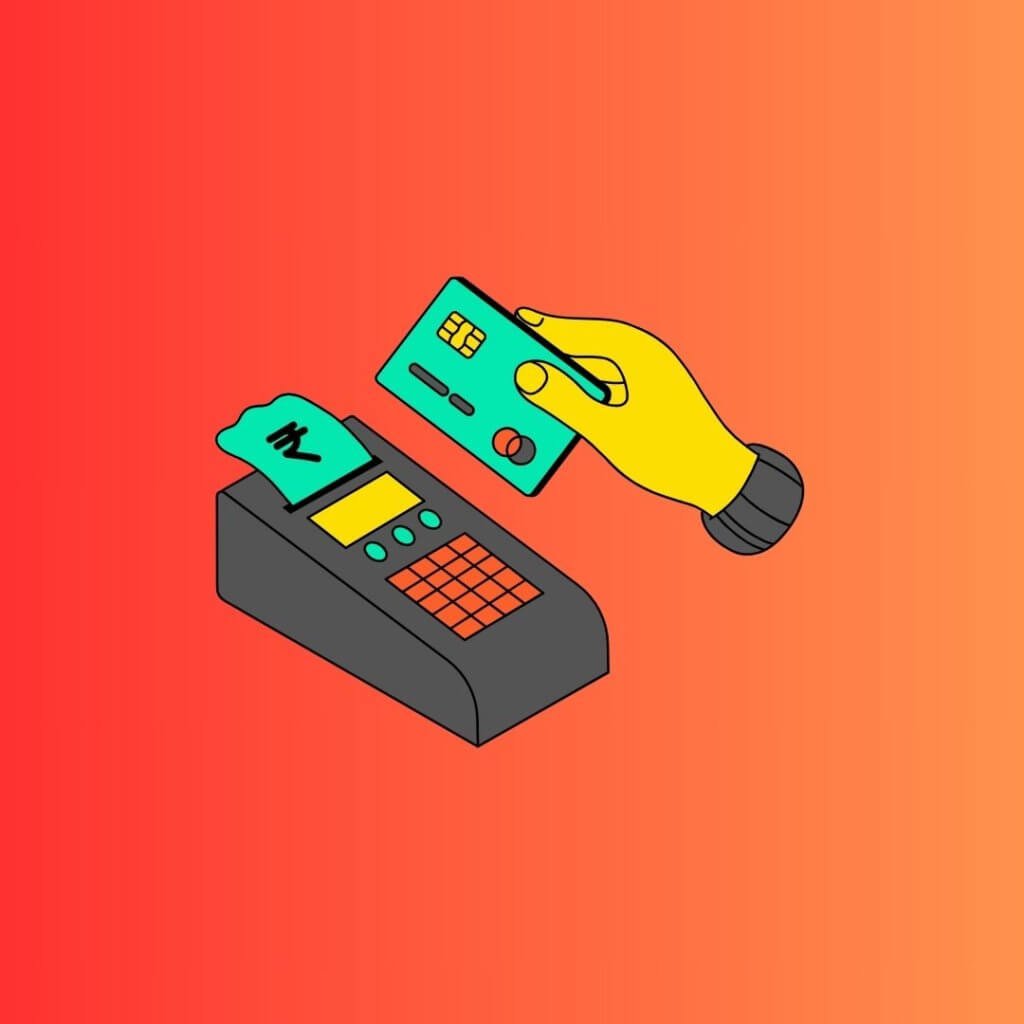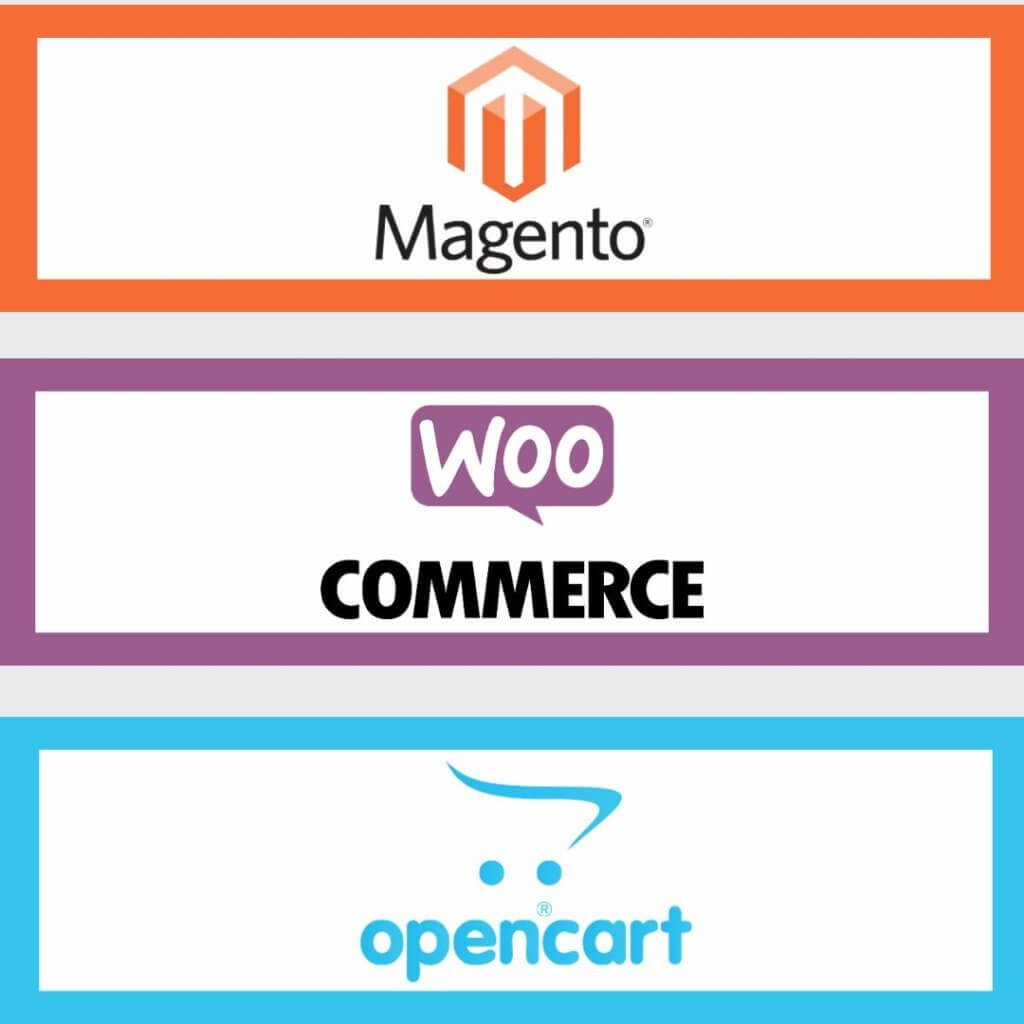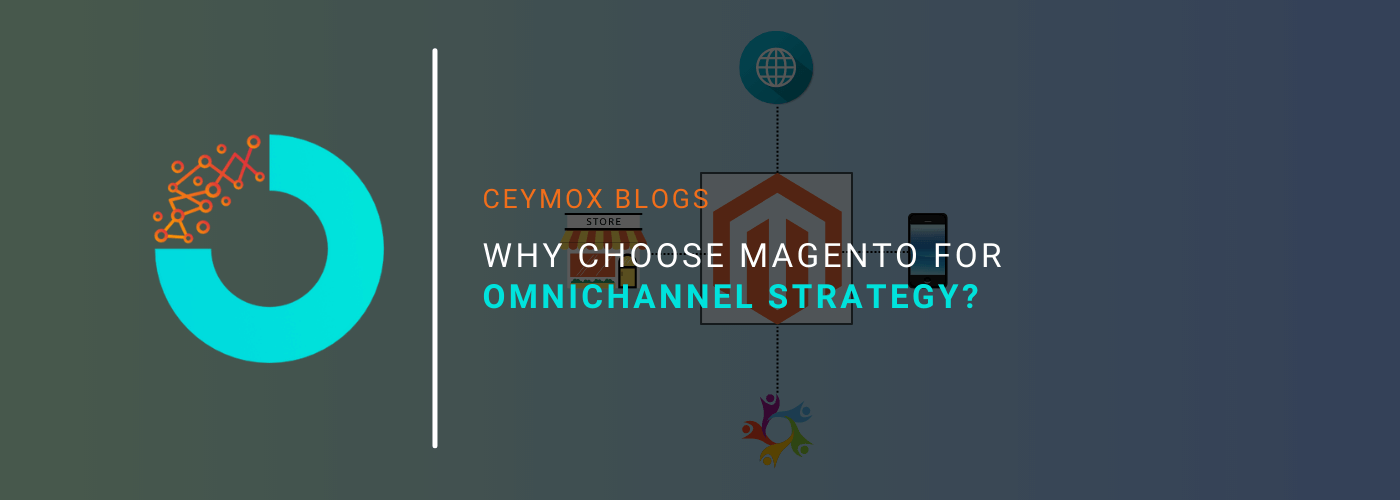
More than ever, the buying power of consumers is now ruling the market and the seller have to brainstorm how they want to shop, whether in person, online, on the go, or using AI-based devices like Amazon Echo. Customers now want a seamless experience regardless of the switching of platforms from mobile to laptop to a physical store.
Meeting these demands of the consumers has become a necessity for sellers and this gives rise to an era of omnichannel e-commerce strategy. Thus businesses are looking for multiplatform solutions that orchestrate the communication channels and help increase sales. This is where Magento or Adobe Commerce will help you. In this article, we will go through the different aspects of the omnichannel strategy and how Magento is the perfect choice for omnichannel.
What is an Omnichannel Strategy?
In simple words, omnichannel means meeting all the needs of the customers regardless of which touchpoint they are using to interact with your brand. The user interface and functionality should be the same, no matter how a buyer chooses to interact.
As per a study by Harvard Business Review, nearly three-fourths of buyers use multiple touchpoints or devices while buying an item. The different touch points which are considered in the omnichannel strategy are:
- Brick-and-mortar stores
- Over the phone
- D2C e-commerce stores
- Marketplaces websites like Amazon
- Mobile apps
- Push notifications, messengers like WhatsApp & Facebook
- Social media platforms
Unifying the experience in all these channels means Omnichannel strategy.
In the omnichannel strategy, the buyers will start their journey by buying a product online, picking it up from a nearer store or requesting home delivery. The buyer may select the product on your online store and finish the process through Facebook messenger.
Benefits of the Omnichannel Strategy:
As per a research finding, businesses that provide omnichannel engagement to their target audience convert around 89% of their customers vis-à-vis 33% of those who don’t follow a solid omnichannel strategy. These are the major benefits of the omnichannel ecosystem:
• Understand and engage with customers on their channels:
I.e. interact with your customers wherever they are – check out your products on Google, marketplaces like Amazon, on your D2C website, mobile app, or social media. The online channels impact the buying behaviour of the customers, here are some proven stats:
- 75% of the customers who find products on Google, are more likely to visit physical stores. In the same research, it was found that 71% of physical store shoppers said that searching the products online is highly crucial for them.
- In 2020, 90% of buyers prefer to read online reviews of local businesses while choosing a store to buy products.
- 83% of the buyers find that a suggestion from their kith and kin plays an important role in their buying choices. More than half of the buyers are ready to suggest a service, store or product if they enjoy the experience with it.
Although we have entered the digital era, it has not depleted the offline industry entirely. People still go to the physical stores for trying products and get real-life experience. Thus it is crucial for covering both online and offline touchpoints of your brand to get loyal patrons, who can become your brand proponents.
• Excel in a highly competitive retail landscape:
The worst thing about the digital tale is that you are alone and want a silver bullet to grab the attention of your customers and increase sales. By using the omnichannel strategy in a proper manner, you would be able to excel in front of your competitors who are still using one way of engaging with the clients.
The companies that are employing omnichannel strategies in comparison to those that don’t have 250% higher purchase frequency, 13% higher average order value, and 90% higher customer retention rates.
• Leverage Business Analytics to enhance your business:
With a plethora of e-commerce channels available, you may wonder which would be the best work for you. By taking the data from different touchpoints and centralizing it, an omnichannel strategy will help you find this answer. So you would be able to know what your clients want and can deliver the order flow accordingly.
Here are a few ways how omnichannel analytics can help your business:
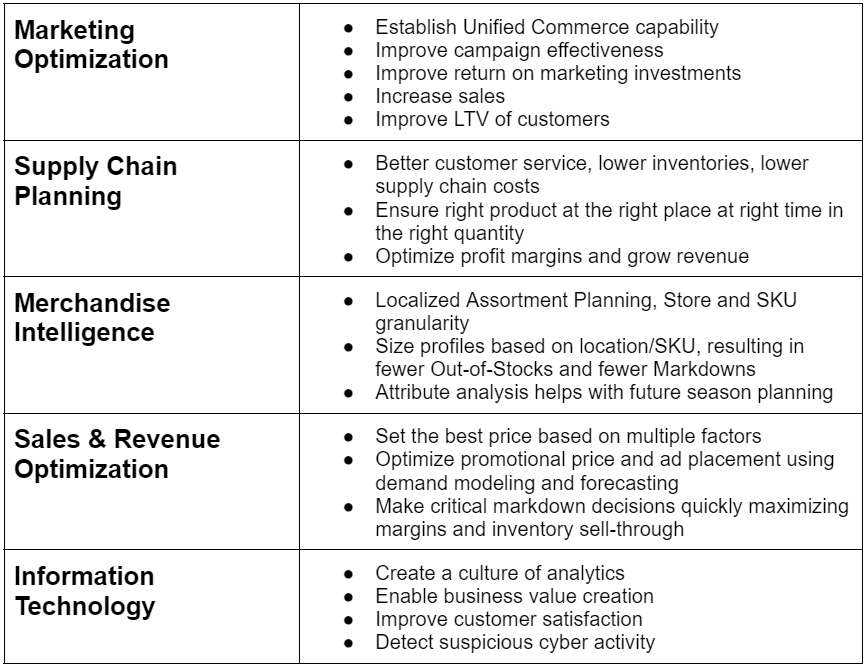
• Give Multiple Options for Order Fulfillment
In 2020, there was a huge rise of 60.4% in the click and collect sales in US i.e. people prefer to select the products online but collect the products offline in a brick-and-mortar store or order home delivery. The furniture business can be a perfect epitome of this, although electronic appliances are also suited in this category.
After knowing the major advantages of the omnichannel strategy, you may be wondering how Magento can help you in achieving a great omnichannel customer experience and increase sales. Let’s know about it…
Why choose Magento 2 for Omnichannel Retail?
Magento 2 gives you a lot of flexibility along with a plethora of extensions/3rd party models by which you would be able to develop a highly functional website and integrate it seamlessly with other tools and channels you use. Some of such features are:
- Product catalogue management
- Website content management
- Marketing empowerment (promo, email, ads, etc.)
- In-built shopping cart and checkout page
- Comprehensive order management
- Customer management
- Store management
- Enhanced analytics and reporting
Let’s talk about those features that are majorly responsible for the omnichannel strategy of Magento 2 in multiple ways:
3rd party Integrations:
Whether it is an Enterprise Resource Management system (ERP) or Product Information Management system (PIM), it is easy to integrate with your Magento 2 store due to its API-led architecture. Thus, it becomes easy to address the issues of procurement, information on stock availability, or diversifying inventory equally across the different channels of sales. It also lets you check the availability of your supplies. Thus, there is no way to disappoint your customers by showing out-of-stock products in your product catalogue.
The Magento integration services are not limited to only these, you can also go for shipping, payment gateway, accounting software, CRM, or marketing automation systems integration.
Social Media Integration:
You can utilise pre-designed Magento 2 omnichannel extensions and modules to integrate your social media activity with your sales to help your omnichannel strategy get off the ground. Among others, these are:
- Facebook Business Extension
- Facebook Pixel
- Instagram integration
- Twitter widget and others
The Social login module is another useful integration to easily board your customers on your site by social login & signup.
Mobile/Shopping App:
With more than 6 billion smartphone users across the globe, no online business can neglect the potential of mobile commerce for its sales. Thus, the chosen e-commerce platform should deliver a seamless user experience across mobile devices, and businesses should also develop an app for both Android and iOS users.
The best way to treat your iOS and Android users is by developing a Progressive Web Application (PWA which is a mobile app cum website. It gives a mobile-friendly view to the users despite being a website. The users just have to install a shortcut of the PWA and they will get full access to the e-commerce site displaying just like a mobile app.
Magento PWA Studio allows you to develop a mobile-friendly PWA in a very convenient manner.
In-store Experience:
Despite the disruption by digital commerce, physical stores still hold the major chunk of the market. Your vision should be to use an omnichannel Magento 2 solution to support in-store shopping.
If on a marketplace there are multiple seller accounts, you can quickly link them together and manage everything from a single location, including all the data & products.
Moreover, Magento gives you the ability to support numerous currencies, making it much simpler for consumers who are accustomed to paying in particular currencies to make transactions. Lastly, you can do real-time tracking of your products to give updated information to the clients.
Business Intelligence:
You have to always analyze customer behaviour to provide a seamless buying experience in your store. We recommend Magento 2 for omnichannel strategy because it captures the user’s data through its buying journey which includes preferences, most popular products, the efficiency of marketing campaigns, and other data.
The analysis and insights of this data will help you to:
- Identify the true patrons of your brand and provide better offers to them
- Analyse which products are high in demand and which have become obsolete to better manage the inventory
- Define which marketing campaigns are driving more traffic to your store and adapt your promotional activities
- Add advanced features & functionalities in your store to increase conversion rates
Wrapping Up:
To wrap it up, the omnichannel strategy is becoming a common expectation for the buyers, and a brand not fulfilling it may lag behind in the e-commerce landscape. But omnichannel may sound easy, but is hard to implement. Apart from Magento 2, no other e-commerce development platform can provide this level of consistency across the channels they use.
At Ceymox Technologies, the best e-commerce development company, we are having expertise in developing Magento 2 online stores from scratch, e-commerce mobile apps, and PWAs following the omnichannel strategy. Let us know your requirements.
 Hubspot SEO Certified |  Hubspot SEO II Certified |  Google Ads Search Certified |  Google Analytics Certified |
Sreehari N Kartha is a skilled Digital Marketing Analyst at Ceymox, certified in SEO. His expertise encompasses a wide range of digital marketing strategies, including managing advertising campaigns on platforms like Google Ads, Facebook Ads, Instagram Ads, WhatsApp Ads, and LinkedIn Ads. With a strong foundation in SEO and SMM, Sreehari is adept at optimizing online visibility, driving engagement, and generating qualified leads and conversions. His passion for emerging technologies, such as Crypto, NFTs, and Web3, further complements his skillset, enabling him to navigate the dynamic digital landscape.
View All Articles


